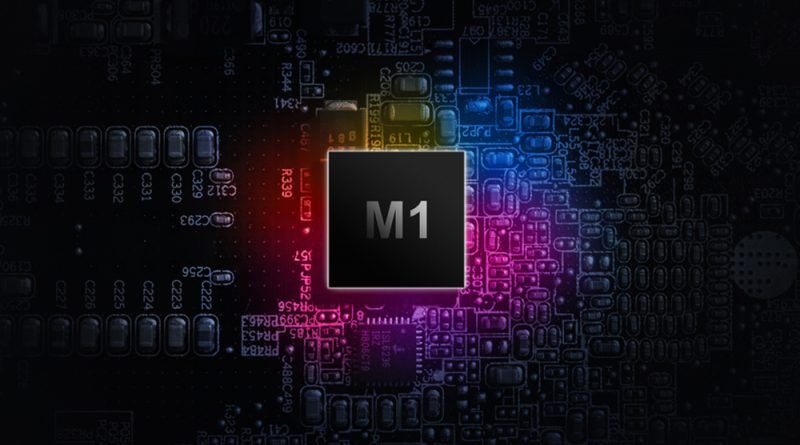Critical Security Flaw in Apple’s M-series Chips Could Compromise Encryption Keys
Security researchers have unearthed a critical vulnerability within Apple’s M-series chips that poses a potential threat to the confidentiality of encryption keys used in Mac computers. The flaw, central to the architecture of Apple’s M1, M2, and M3 chips, could enable attackers to execute a sophisticated exploit, known as GoFetch, to compromise secret end-to-end encryption keys through a method termed as a side-channel attack.
The vulnerability exploits the chips’ data memory-dependent prefetcher (DMP), a feature designed to enhance the processor’s efficiency by predicting and preloading likely-needed data addresses into the machine’s memory cache. However, this predictive mechanism can be manipulated to insert malicious “pointers” into the cache, inadvertently exposing sensitive information such as encryption keys.
Given that this flaw is embedded within the silicon of the chips themselves, it represents a challenge that cannot be directly rectified through software updates or patches. The inherent nature of this silicon-based vulnerability signifies that mitigation efforts can only go so far in reducing the potential impact of any exploit leveraging this flaw.
Cryptographic developers are encouraged to devise strategies to lessen the effectiveness of attacks exploiting this vulnerability. Yet, as security expert Kim Zetter highlighted in Zero Day, the stark reality for end-users is the absence of a tangible solution to fully mitigate this risk. This discovery underscores the complexities of securing modern computing hardware and the ongoing battle between system security engineers and potential adversaries aiming to exploit architectural weaknesses.

